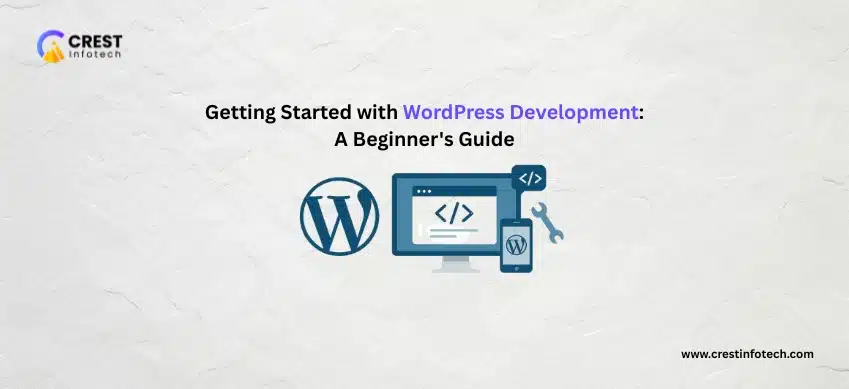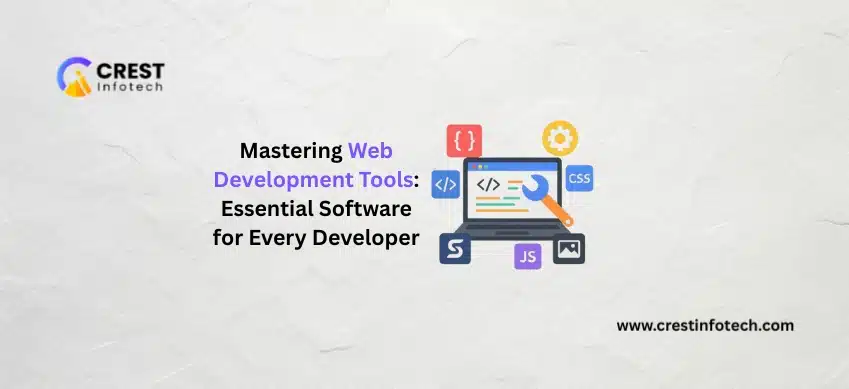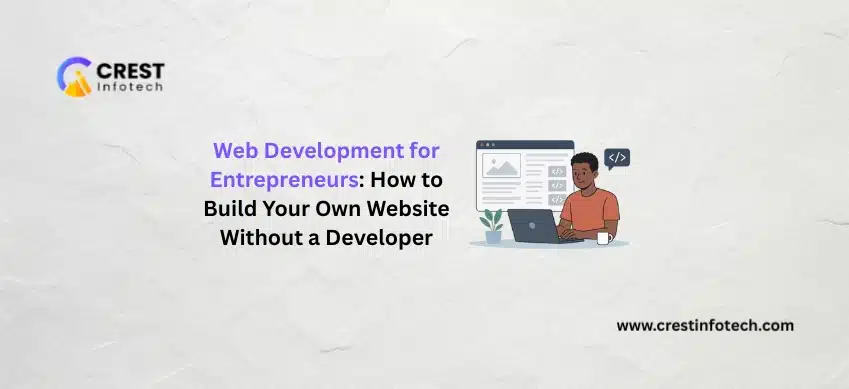WordPress powers over 40% of all websites on the internet, making it the most popular content management system (CMS) today. Whether you want to build a personal blog, a professional portfolio, or a full-fledged business website, learning WordPress development is a valuable skill that opens countless opportunities. This beginner’s guide will walk you through the essentials to help you get started with WordPress development confidently.
1. Understanding What WordPress Is
WordPress is an open-source CMS that allows you to create and manage websites without needing advanced coding skills. There are two versions:
- WordPress.com – a hosted platform with limited customization.
- WordPress.org – a self-hosted version that gives you full control, flexibility, and access to custom development.
If you’re serious about development, WordPress.org is the way to go.
2. Setting Up Your Development Environment
Before you start coding, you need a local development environment. This allows you to build and test websites on your computer before making them live. Popular tools include:
- Local by Flywheel
- XAMPP
- MAMP
- Laragon
Once installed, you can set up a local WordPress site in just a few clicks.
3. Learning the Basics of WordPress Structure
To become a WordPress developer, it’s important to understand how WordPress is structured:
- Themes – control the design and layout of a website.
- Plugins – extend the functionality with features like contact forms, SEO, and e-commerce.
- Widgets & Menus – help organize content and navigation.
- Core Files – power the WordPress engine itself.
4. Diving into WordPress Themes
Themes are the backbone of your website’s design. As a beginner:
- Learn how to install and customize themes.
- Understand the role of style.css, functions.php, and template files.
- Experiment with child themes to safely make changes without affecting the main theme.
5. Exploring WordPress Plugins
Plugins extend functionality without reinventing the wheel. Start by installing essential plugins like:
- Yoast SEO for search engine optimization.
- Contact Form 7 or WPForms for forms.
- WooCommerce for online stores.
If you want to grow as a developer, learn to build simple custom plugins to add unique features.
6. Mastering the WordPress Editor (Gutenberg)
The Gutenberg editor is WordPress’s block-based editor that allows you to design pages visually. Learn how blocks work and how you can create custom blocks with HTML, CSS, and JavaScript for more flexibility.
7. Understanding PHP, HTML, CSS, and JavaScript
At its core, WordPress is built with PHP. Alongside it, you’ll use:
- HTML for structure.
- CSS for styling.
- JavaScript/jQuery for interactivity.
You don’t need to be an expert overnight, but gradually improving these skills will help you build powerful WordPress websites.
8. Using WordPress Hooks: Actions and Filters
Hooks allow you to add or modify functionality without editing core files.
- Actions let you insert new features at specific points.
- Filters let you modify data before it’s displayed.
Mastering hooks is a major step toward becoming a professional WordPress developer.
9. Leveraging the WordPress Community and Resources
The WordPress ecosystem is huge, and the community is very supportive. You can learn and troubleshoot faster with:
- WordPress.org Forums
- WordPress Codex and the newer Developer Handbook
- YouTube tutorials and developer blogs
10. Practice by Building Real Projects
The best way to learn is by doing. Start small by:
- Creating a personal blog.
- Building a simple business website.
- Developing a custom theme or plugin.
As you practice, you’ll gain confidence and gradually move toward advanced WordPress development.
Final Thoughts
Getting started with WordPress development may feel overwhelming, but by taking it step by step, you’ll quickly realize how rewarding it can be. Begin with the basics, practice on real projects, and tap into the WordPress community for support. With consistent effort, you’ll be able to build powerful, professional websites and even develop custom solutions for clients or your own projects.



